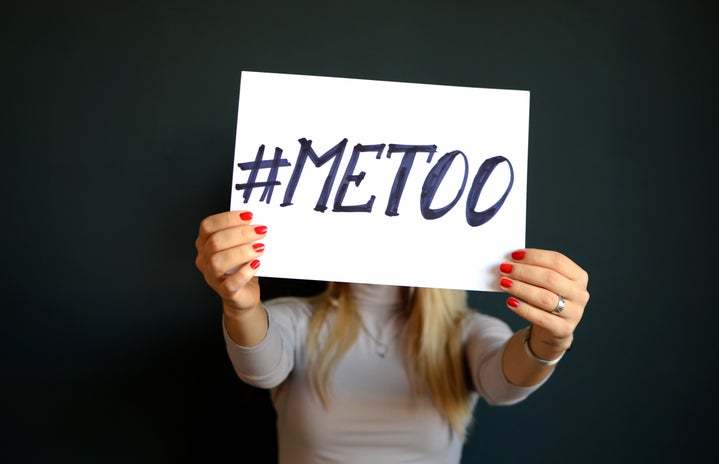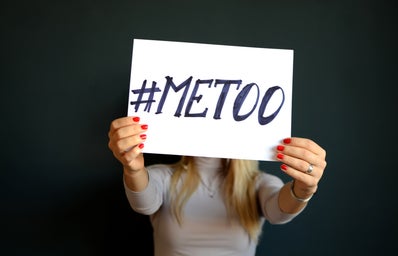Over the last two days I saw Bombshell one night and the next day I journeyed up to Sundance to see Promising Young Woman. To see both these movies that explicitly talk about sexual assault in two nights was unnerving. Bombshell is a movie about the sexual assaults at Fox News that includes Megyn Kelly. The Sundance film Promising Young Woman shares the story of a girl whose best friend was sexually assaulted and she takes revenge on not only the people involved but all men. Both of the films were so captivating and well done. Some of the scenes in the films were painful to watch, but they both portray the horror of sexual assault to the fullest. Walking out of each film left me a little stunned and if I’m being honest, hating men!
Bombshell showcases the constant sexualization of women. At Fox News, these women have to wear tight dresses, lots of makeup, and show off their legs on camera. The place is run by misogynistic hypersexualizing males who call all the shots. You start to feel icky and especially if you’re a woman whose experienced stuff like this time and time again it can be triggering to see. Although Promising Young Woman doesn’t address men’s hypersexualization of women as much it does bring light to slut-shaming. In the film, college friends didn’t believe rape allegations because the girl had “gotten around.” This is markedly not true. People in long term marriages can even be raped by a partner. Just because someone has had a lot of sex or even sex with that person before does not mean they can’t experience rape.
The frustrating thing about watching both of these movies was watching the women’s voices not being heard and their claims not being believed. Even more frustrating to realize that this happens every day. Rapists go unreported or given minimal jail time or even none at all. It’s sad to know that men’s voices in society are believed over a women’s. In Promising Young Women there is a scene where the Dean of a university tells the protagonist that she didn’t do anything about the rape report because she didn’t want to “ruin this young man’s life.” The quick-witted star of the film, Cassie, brings to light that although this man’s life might be spared, her friend’s wasn’t. He gets to succeed and thrive in life while the victim stays hopeless.
Similarly, the women in Bombshell are also belittled and disregarded for their experience. Nicole Kidman’s character Gretchen decides to come forward about sexual assault and file a lawsuit. She is warned that she probably won’t win and no one will believe her. No one would take a woman’s word for it, so Gretchen has to be smart and gather crucial undeniable evidence. When Gretchen’s case goes public, no one believes her at first. I mean, who would believe a woman over a powerful man, right? Even other women in the office gather together making t-shirts as a form of support for the abuser. It takes twenty-plus women to come forward about the assault before people start believing the accusations. The two films graphically demonstrate the consequences of when people don’t believe women and let predators carry on with their ways.
The endings of both these films did happen to manifest justice to their predators and the assaulters. Although some justice was served, it all came with severe consequences done by these men—unrecoverable ones. That’s why when leaving the film I felt good about these men getting what they deserved, but I knew the women didn’t. The women in these films deserved better and they deserved change—all women do. We need change. Our society can’t keep on like this. A woman’s greatest fear should not be assault. We can’t even walk to our cars in the dark, go on a first date, or even get drunk at a party without that fear hanging over our heads. The change starts with these men (and sexual predators of all genders). We need to change society and raise men differently, so they will be as disgusted with sexual assault as they are with the thought of being accused of sexual assault. For men, women, anyone out there having sex with anyone, think to yourselves: do I have this person’s full consent?



